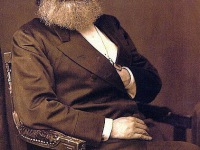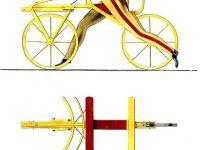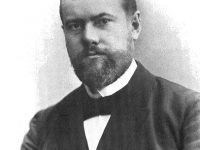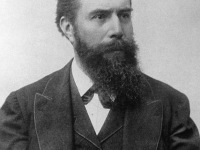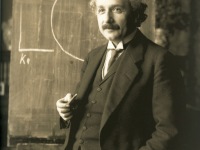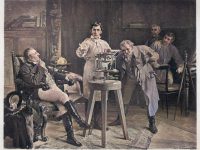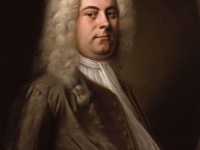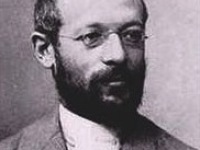Karl Marx and The Capital
On May 5, 1818, German philosopher and revolutionary socialist Karl Marx was born in Trier, Germany. He is best known for his publications ‘The Communist Manifesto‘ and ‘Das Kapital‘, as well as his ideas have played a significant role in the establishment of the social sciences and the development of the socialist movement. “Every beginning is difficult, holds in all sciences.” Karl Marx, The Capital, Author’s prefaces to the First Edition. A Doctorate…
Read more

